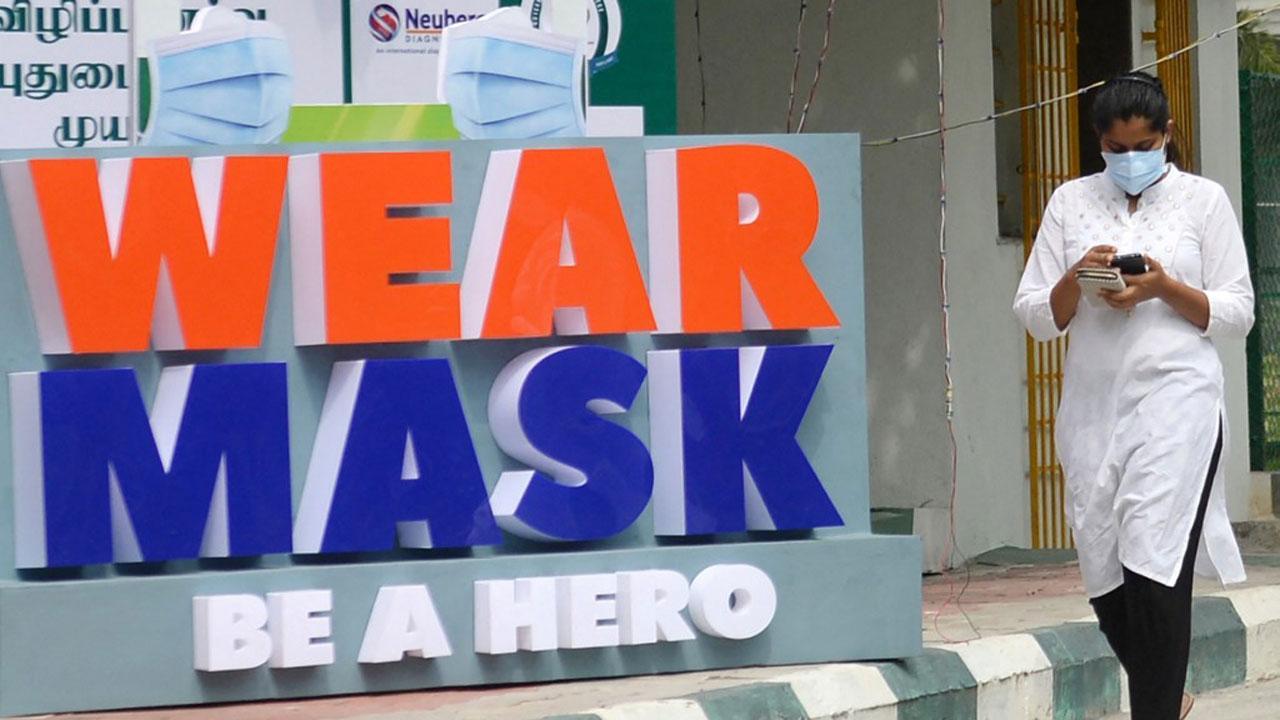The effects of the Covid-19 pandemic are being seen in many different ways, and now a new study published in the journal PLOS ONE has revealed how many who suffer from long Covid are facing discrimination

Image for representational purpose only. Photo Courtesy: istock
The last two years of the Covid-19 pandemic has had lasting effects on people not only physically but also mentally and that can be seen in many different ways. A new study has now found that majority of people living with long Covid are experiencing some form of social stigma directly related to their condition.
Published in the journal PLOS ONE, the study was conducted by researchers at the University of Southampton and Brighton and Sussex Medical School and co-designed by people living with long Covid (from the charity Long Covid Support) in the UK.
ADVERTISEMENT
An estimated 2.3 million people are living with long Covid in the UK, according to the Office for National Statistics data, and numbers are not decreasing due to limited treatment options and continued high Covid infection rates.
"There have been countless anecdotal reports of the stigma, dismissal and discrimination faced by people living with long Covid. We were shocked to see just how prevalent it is, but the findings also empower us to do something about it," said Dr Marija Pantelic, lecturer in public health at Brighton and Sussex Medical School.
In the study, nearly two thirds (63 per cent) of people reported experiences of stigma such as being treated with less respect or people they care about stopping contact with them due to their health condition.
About 91 per cent expected to experience stigma and discrimination, for example they thought many people did not consider long Covid to be a real illness or they anticipated judgment. Eighty-six per cent of respondents felt a profound sense of shame related to having long Covid - they were embarrassed of their illness and felt "very different" from people without long Covid.
In the study, 61 per cent of people said they were very careful who they tell about their condition, and about one third (34 per cent) of respondents regretted having told people about it.
Overall, the prevalence of experiencing stigma was higher in those who reported having a clinical diagnosis of long Covid compared to those without or who were unsure.
"We were surprised to find that people with a clinical diagnosis of Long Covid were more likely to report stigma than people without a formal diagnosis. More research is needed to unpack the potential mechanisms of how and where this stigma is manifested, and who is most likely to stigmatise and be stigmatised," said Nisreen Alwan, Professor of Public Health at the University of Southampton.
Also Read: Five bacteria were responsible for at least 6.8 lakh deaths in India in 2019: Lancet study
This story has been sourced from a third party syndicated feed, agencies. Mid-day accepts no responsibility or liability for its dependability, trustworthiness, reliability and data of the text. Mid-day management/mid-day.com reserves the sole right to alter, delete or remove (without notice) the content in its absolute discretion for any reason whatsoever
 Subscribe today by clicking the link and stay updated with the latest news!" Click here!
Subscribe today by clicking the link and stay updated with the latest news!" Click here!







